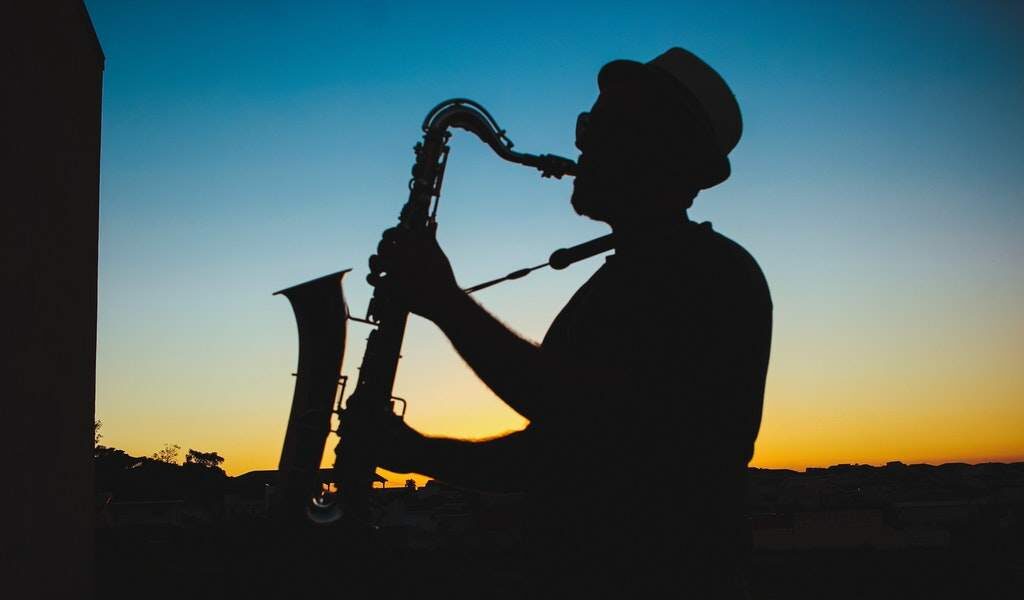This time and age opens so many doors for everyone’s dreams. Back in the day, you had to know someone to get a little closer to what you actually wanted. Today it’s certainly still helpful, but as our lives have moved more to the internet, new opportunities keep popping up every day.
The same also goes for indie artists with digital music distribution companies serving as an actual stream of income. Check out this review from Ari Herstand to find out more about several digital distribution companies. And in this article, we’ll take a look at why they are getting so popular these days.
No More Brick and Mortar
In the 1980’s indie musicians just got the chance to record their own music occasionally. Years before you could only enter a professional studio once you were discovered. But even if you found those rare opportunities during the last two decades of the last millennium, you needed a lot of luck.
Let’s imagine we were still in brick-and-mortar times. You met a friend who loved your music and by chance got his own recording studio. You could finally record your music, a couple of CDs or tapes were produced. How would you sell them? You could only sell them at live gigs, or ask your local music store if they’d put your tapes and CDs on display.
But who’d buy your music? It’d be local people only again. Maybe there’d be some tourists who were music enthusiasts who discovered your tape or CD. And if they really liked your music they’d play it for friends.
But that was it. It was unlikely that a music store in another town or state or even country would try to pick up your CD. You’d be quite fortunate if your local radio station was playing your music. With all these potential lucky turns, you’d require a whole bucket of luck to be discovered.

Everything Has Changed
In the late ‘90s, computer software made it possible to record your music. CD Baby was one of the first digital distribution companies, but it wasn’t popular. Only when MP3 files and MP3 players became more regular, did the digital music distribution pick up. It was still a little slow and some years had to pass until there was Spotify.
Make no mistake, in the beginning, Apple actually did accept music by indie artists. But they were soon overwhelmed with too many inquiries. The same happened to Spotify. Even though both gladly take up indie music, there’s too much paperwork involved But that’s only part of the story. There were too many individuals they had to pay royalties for.
Digital Distribution Companies Are Your Bridge to the Industry
There are tons of music platforms today. People don’t buy CDs anymore unless they’re proper music nerds. CDs and vinyl have turned into nothing but merchandise items. At the same time, streaming platforms like Spotify or Soundcloud are popular all over the world with millions of listeners. That already broadens your reach across the limits of your hometown or a few new fans you found at live gigs.
While Apple and Spotify have stopped accepting music by indie artists individually, they do accept it via digital distribution companies. Most of these companies forward new tunes to a bunch of platforms directly. Only a few are taking advantage of a partner. China is also a huge market with millions of listeners. How would your music have found its way to China in the old days? Probably only by accident.
You Can Actually Make Some Money
The important part for any indie musician isn’t just creating new songs and recording them. Musicians also have to pay rent and all the other bills.
A digital distribution company collects royalties from every platform it has forwarded your music to. Not only does it help you with all the paperwork, but it’s also a relief since you don’t have to contact each music platform yourself and hope they’ll soon forward your funds.
To top this off, digital distribution companies also make your music available on Tiktok and Instagram. If you want to, you can take advantage of their YouTube monetization programs which can add a few more bucks for you.
Simple, Direct and Everything Belongs to You
There’s still an even larger advantage of having a distribution company: your music belongs to you. That’s quite a huge difference from signing a record deal with a music label. You lose all your rights to your own music, and worse even if they start to use you for your skills.
A lot of musicians aren’t quite as happy with their label since they can’t play what they want. Moreover, you only receive about one-fifth of your royalties. Once you’ve become a large name, it may not matter to you as much since you still earn a lot of money. But you’re also moving away from your true passion as everything is just being commercialized.
With distribution companies, you keep all your rights and receive at least 80% of your royalties. That’s quite a difference, isn’t it? You can even earn 100% of your royalties, depending on which digital distribution company you choose. Some offer their service without any fees, but then they’ll often have some hidden ones.
Parting Words
In times of a pandemic that seems to never end, digital distribution companies have earned even more popularity. Musicians can record new music and directly upload it from the comfort of their homes while live gigs are hardly possible.

















